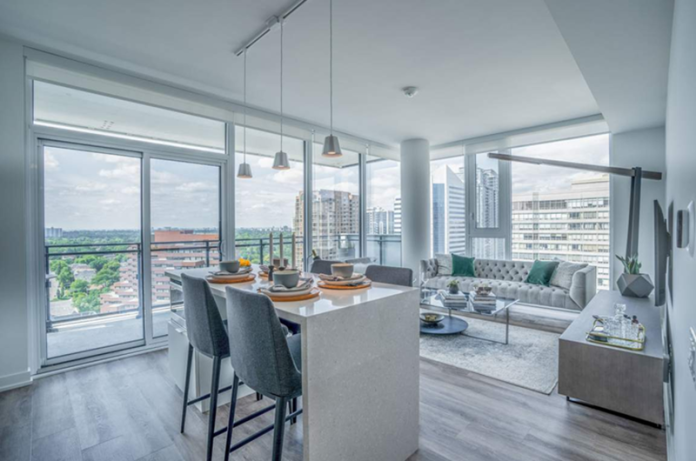Renting is a big responsibility—you’re welcoming a complete stranger into your property and trusting them to take care of it. While it’s ultimately a business transaction, finding the right tenant requires careful consideration.
A good, reliable tenant can make a landlord’s life much easier. They are likely to pay rent on time, eliminating the need for constant follow-ups, and respect the property, reducing the risk of damage like broken windows or cracked tiles. Taking the time to screen tenants properly ensures a smooth rental experience and helps protect your investment.
If you have trouble negotiating and vetting tenants, you can always hire a local letting agent or block management company. It’s best to go local with professional companies because they know the local rental market and can help you get a good price. For instance, a company providing block management in Essex can help you better advertise and manage a property in the same area rather than one in London.
Are you planning to find a tenant on your own? Ask your tenant these questions before you sign the lease.
1. “Can You Provide References?”
References are extremely important when letting a stranger into your home. This will help determine whether the person has a good reputation, financial stability, and a reliable income, ensuring they are a trustworthy tenant. Usually, it’s best to look for references from previous landlords and a person’s place of work or study.
These references can help you understand the tenant-landlord relationship they’ve had previously. If someone refuses to provide a reference, understand they might have been evicted, undertaken sketchy behaviour or broken a rental agreement.
An employer reference will help you understand whether they have a stable income and can pay your rent on time or not.
2. “Do You Have Pets?”
It’s your property, so your rules apply—but setting clear expectations from the start helps you avoid conflicts once the tenancy begins. If you don’t allow pets, make sure to address this during the property viewing and clearly state that pets won’t be permitted in the future either. Being upfront about such policies helps ensure a smooth and hassle-free tenancy for both you and your tenant.
3. “When Do You Plan To Move In?”
If your rental property is empty for too long, that can equal to income loss. When vetting potential tenants, it is best to confirm when they intend to move in and how long they want their lease to be.
This can also be the question that helps you understand why the renter wants to move. Some people may want to move right away due to a job loss, dissatisfaction with previous landlords, or eviction.
Sometimes people have genuine reasons to move in faster, such as wanting to move closer to their family or relocating for a new job. It’s always good to have an open mind and ask follow-up questions.
4. “What is your Income? Can You Pay a Month’s Rent in Advance?”
It can be awkward talking about money, especially when in a social setting. However, when renting out your property, it’s important to have these conversations. You need to determine the kind of job your prospective renter has. Is it permanent or contractual, or are they freelancing?
As a property owner, you can also ask to see their bank statement or run a credit check. This will help you determine whether a person is financially viable and can pay their rent on time. Getting a deposit and advance rent can also help safeguard you and your property financially. You can pay back the deposit at the end of the tenancy tenure.
5. “How Many People Are Moving In?”
Before handing over your property, it’s essential to ask the right questions about who will be living there. It’s easy to assume that the people who visit your property for a viewing are the only residents. However, a few months into the tenancy, you may find multiple occupants sharing the space, which can lead to unexpected issues.
A good rule of thumb is to allow no more than two people per bedroom. For instance, in a two-bedroom flat, the maximum occupancy should typically be four to five people. Overcrowding not only accelerates wear and tear but can also lead to legal and insurance complications.
In Conclusion
When you ask all the necessary questions and have the details handy, it becomes easier to choose the right tenant among several prospective people. Finding the right renter can help save unnecessary headaches, such as complaints from neighbours, late rent payments or your property in complete disarray.
You can always work with local letting agents who can assist you in advertising your property, showing it to renters, and even running a background check on them.















